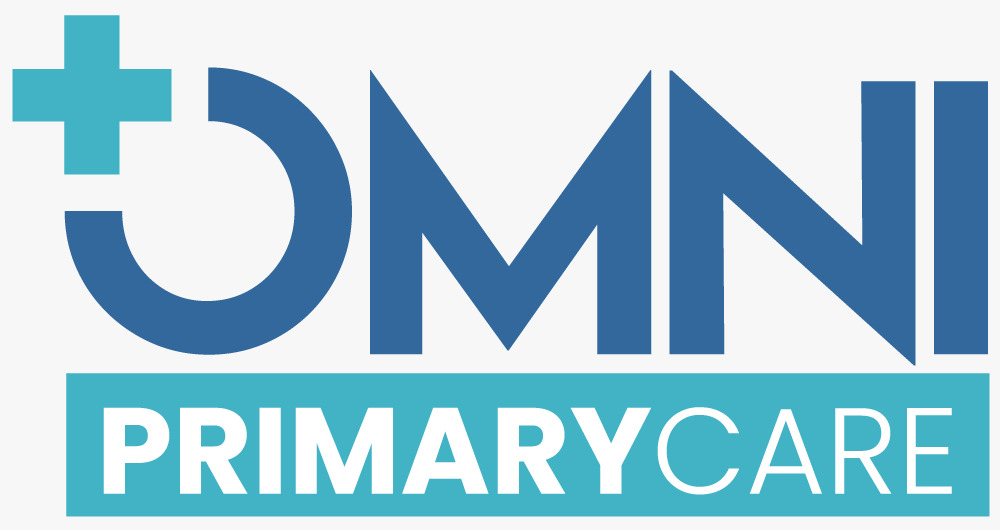



A screening test is used to look for a disease when a person doesn’t have Guidelines. (When a person has Guidelines, diagnostic tests are used to find out the cause of the Guidelines.)
Colorectal cancer almost always develops from precancerous polyps (abnormal growths) in the colon or rectum. Screening tests can find precancerous polyps, so that they can be removed before they turn into cancer. Screening tests can also find colorectal cancer early, when treatment works best
Regular screening, beginning at age 50, is the key to preventing colorectal cancer. The U.S. Preventive Services Task Force (USPSTF) recommends that adults age 50 to 75 be screened for colorectal cancer. The USPSTF recommends that adults age 76 to 85 ask their doctor if they should be screened.
You should begin screening for colorectal cancer soon after turning 50, then continue getting screened at regular intervals. However, you may need to be tested earlier than 50, or more often than other people, if—
If you think you are at increased risk for colorectal cancer, speak with your doctor about—